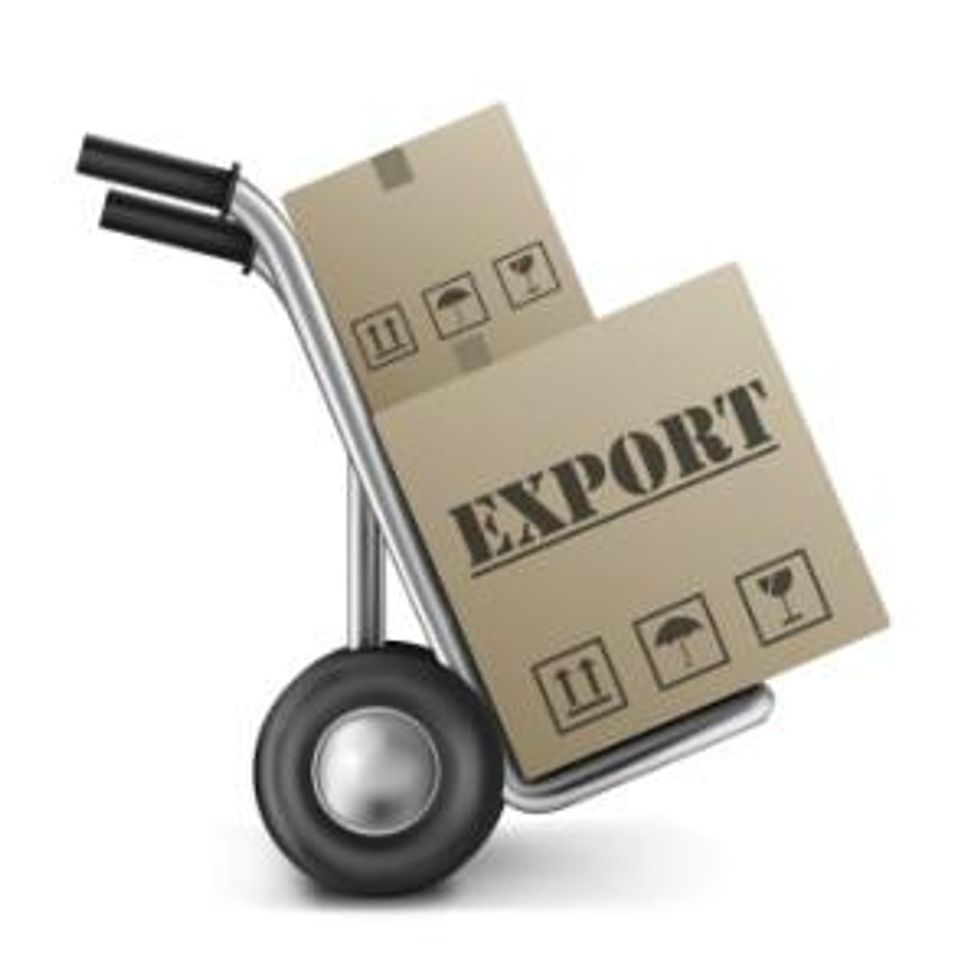Foul Play in Ukraine Could Hurt Belgian Diamond Industry
EU leaders are meeting today to discuss what sanctions can be enacted on Russia in the event of further Ukraine turmoil. It’s possible diamond exports from the country will be stymied.
In recent weeks, the Investing News Network has discussed how the threat of sanctions on Russia has affected commodities like nickel, oil and gas.
Now, however, it’s diamonds that are under fire. The Wall Street Journal reported this past weekend that European officials have said Russia’s diamond industry is “one of several economic sectors that could be hit with sanctions should eastern Ukraine descend further into turmoil.”
While one potential turmoil trigger — Ukraine’s presidential election, held on May 25 — appears to have passed quietly enough, that doesn’t mean Russia is out of the woods. Reuters notes that the European Union (EU) has said it is prepared to enact strict sanctions if Russia “destabilises eastern Ukraine” in any way.
The gameplan
But what exactly does the EU mean by “strict sanctions”?
As Reuters explains, a two-page document that lays out three levels of sanctions was distributed to EU member nations back in April. The first — and lowest — level calls for restrictions on imports of luxury goods, such as “diamonds, precious metals, furs, vodka and caviar,” along with export restrictions on “fertilisers, chemicals, tyres and vessels.” Arms imports and exports would also be restricted.
The second level “includes restrictions on trade and investment related to financial services and on the free movement of capital, as well as an import ban on coal, restrictions on maritime and road transport and a pause in investment in the Russian energy sector,” Reuters states. Meanwhile, under the third level of sanctions, the EU is considering a number of actions, including prohibiting new investment in Russia and a total ban on imports of oil and gas from the country.
Those steps won’t be set in stone until they’re discussed at an EU leaders’ summit, set to take place today, and thus far it’s uncertain whether all members of the organization will agree on them. That, Reuters states, is because countries like Italy, Greece and Germany have close ties with Russia and worry that such measures would hurt them as well.
However, if the guidelines do receive unanimous backing, it’s the third level of sanctions that the EU plans to put in place in the event of further destabilization in Ukraine.
Potential impact for Belgium
The Wall Street Journal notes that major Russian diamond producer ALROSA (MCX:ALNU) sells over half of its production in Antwerp each year, providing a quarter of the city’s rough diamonds. Last year, the value of those stones came to a staggering $2.5 billion.
That’s a huge amount of money for Russia to lose out on, but the way Belgians see it, they’ll be getting the short end of the stick. For one thing, ALROSA will be able to sell its diamonds at other trading centers, while Antwerp will likely be left struggling to find a new source of the gems.
For another, sanctions may permanently mar Belgium in the eyes of Russia. As Ari Epstein, chief executive of the Antwerp World Diamond Centre, told the news outlet, “[w]hen you talk about restrictions on the diamond industry, they are not really reversible. [Russians] are our trusted partners, and we are of course very concerned when we hear these signals.”
Echoing that statement, Dilip Mehta, a senior executive at Rosy Blue, an Alrosa client, commented, “[p]eople like us in Antwerp need Alrosa more than Alrosa needs Antwerp.”
Based on the Reuters article, it seems like the Belgians’ concerns are a little premature. That said, it’s clear the nation may not recover from the blow if the EU does end up preventing its member countries from importing Russian diamonds. Diamond market watchers may thus want to think about preparing for a shift in the industry as we know it.
Securities Disclosure: I, Charlotte McLeod, hold no direct investment interest in any company mentioned in this article.
Related reading:
Just How Much Control Does Russia Have Over Global Oil Supplies?
Nickel April’s Best-performing Commodity Thanks to Indonesia, Russia
Russian Demand for Advanced LNG Payments Could Mean Trouble for Europe
